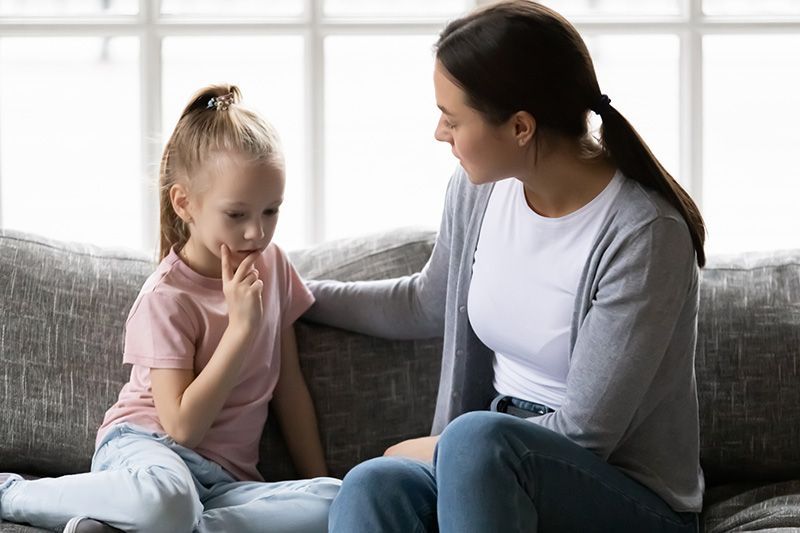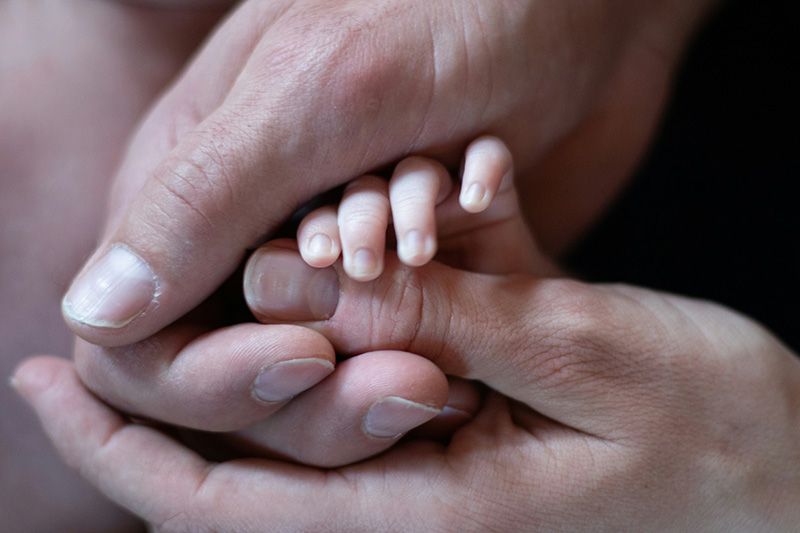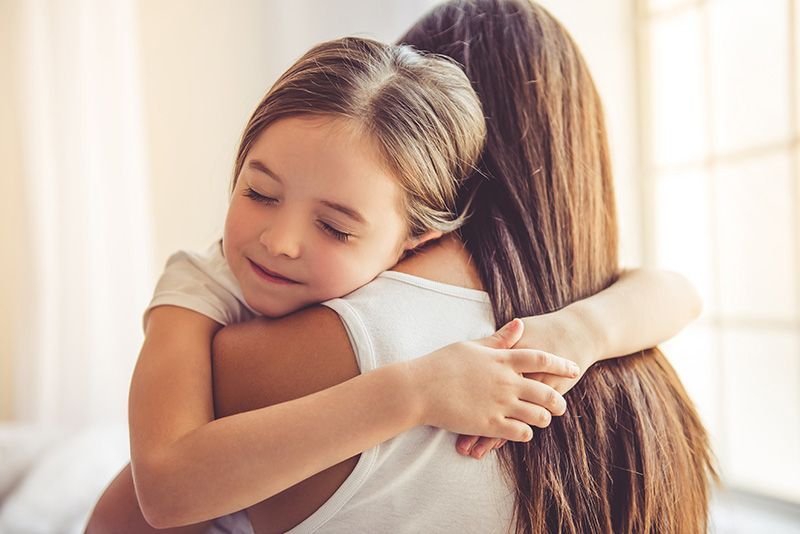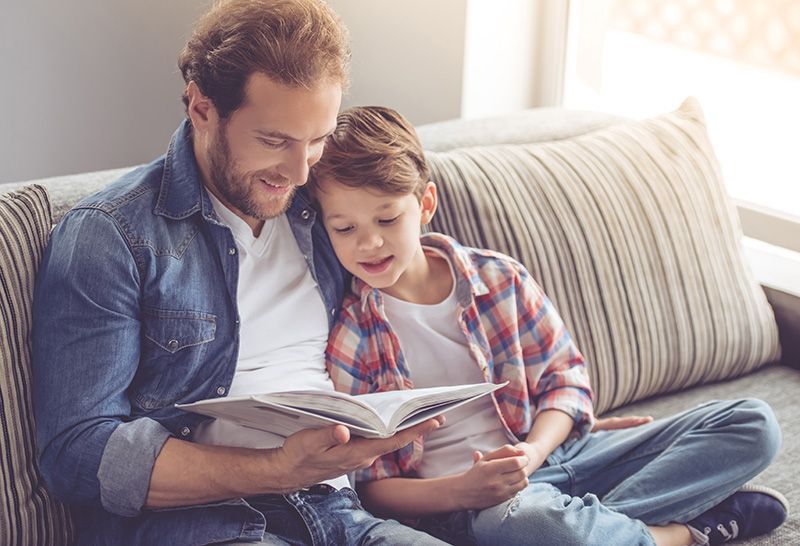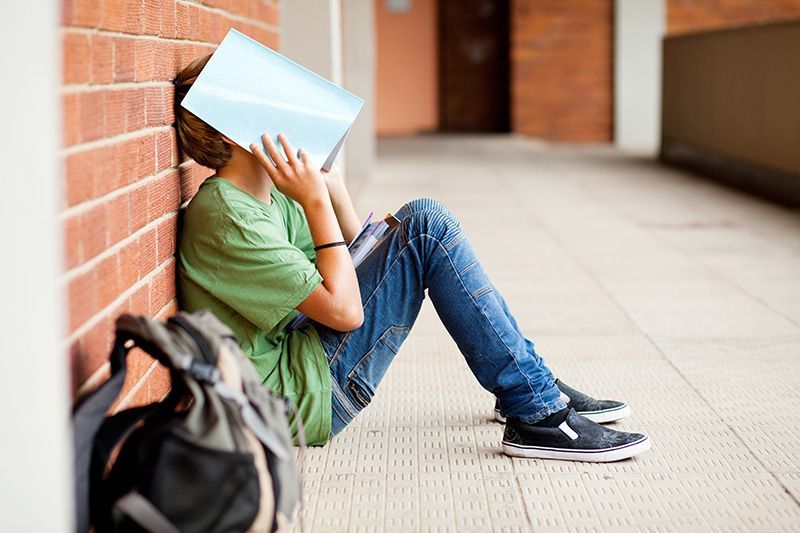Children & Grief
Children & Grief
Death is a natural event, and it is still a difficult concept for all of us no matter our stage of life. We know an urge many caregivers have is to protect children from the pain of grief after a death. Experts agree that children, even the very young, should not be shielded from the death of a loved one. Children have the capacity to recognize death as an event and the curiosity to ask questions about it. The general advice is to talk to the child truthfully about the death, in an age-appropriate manner. Below we will help outline what is appropriate for each age group. We recognize that some of this information might feel overwhelming and extreme. Not all these behaviors happen with all children and youth, they are merely a range of possibilities. We want this information to help guide you in what normal and natural responses to loss are for different developmental stages. We know that some of these possibilities can feel scary and out of control. It is ok to get professional help for you and the young people in your care.
With children, depending on their age, stage, and developmental abilities, it may take many months (or longer) to process the whole concept of death. They will ask more questions when they are ready for the next step. Be aware that most adults provide too much information, try to just answer the question(s) that is asked.
Ask questions to determine what the child already knows about the situation for example, “Do you have any questions about what happened to Grandma?” You may then explain the situation simply and honestly. For instance, you may say, “Grandma’s heart stopped working, and she died.”
It is important to avoid giving answers that may confuse or frighten the child, such as “Grandma went to sleep and is not going to wake up” or “God took Grandma to be with the angels.” While these phrases are meant to comfort and soothe, the child may interpret them in a far more literal sense. As a result, the child might develop a fear of going to sleep because they fear they might die too.
Allow the child to ask questions if they want, but do not pressure them if they do not have questions. A younger child may ask questions such as “Where is Grandma now?” or “Is my kitty in heaven?” Older children may comprehend the finality of death more fully and ask more abstract questions that are related to issues of faith, the meaning of life, etc.
For any age group, stick with truthful, simple answers the child can understand.

